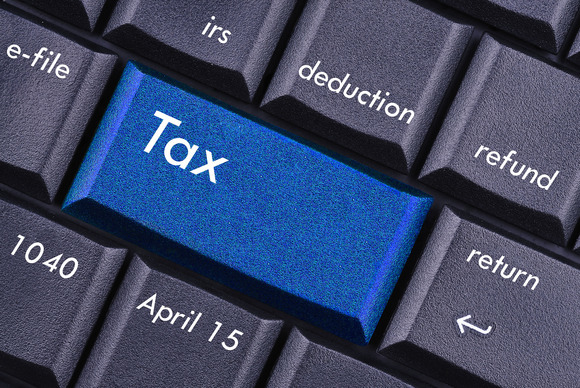As the 113th United States Congress gives way to the incoming 114th Congress—a transition that will include 50 new representatives and 12 new senators—hopes for passage of a plan to tax goods and services purchased online are dead for 2014.
The incoming freshmen must remember why they were elected and resist the urge to tax once they arrive in Washington.
Last year, the U.S. Senate passed the Marketplace Fairness Act (MFA), a plan to allow local and state governments to collect sales taxes on retailers outside their jurisdiction, with 15 Republican senators joining 54 Democrats to support shaking down online retailers for more tax revenue.
The bill stalled out in the U.S. House, but sponsor Sen. Mike Enzi (R-WY) revitalized the debate by coupling his politically unpopular bill with a popular measure banning the taxation of Internet access, a tax moratorium called the Internet Tax Freedom Act (ITFA).
Without additional action by the lame duck Congress, however, ITFA expires in December. The next Congress will have to consider it if the lame duck session fails to renew it.
Gluing ITFA to the Internet sales tax bill, decorating the sales tax bill like so many sequins pasted onto a bulldog, allowed time for supporters to whip up votes for the new tax.
But as the end of ITFA’s shelf life approaches, the impasse between House Speaker John Boehner and Senate Majority Whip Dick Durbin (D-IL) likely spells doom for the sales-tax cash-grab. Durbin will blame Boehner for refusing to act on pet causes such as “marketplace fairness,” and Boehner will blame Durbin for sending the House untenable ideas such as hiking the price on grandma’s online shopping excursions.
Giving governments the power to tax outside their jurisdiction is a bad idea and, one hopes, a tough sell, so it’s no wonder MFA proponents have been at it for the past 12 years. The 13th year, with 39 new Republican House members and 11 fresh Republican senators, is likely to be another bad year for “taxophiles” who support MFA—and that’s exactly what voters want.
The Marketplace Fairness Act would force mom-and-pop online retailers to keep track of nearly 10,000 combinations of local and state tax rules, paying taxes to distant municipalities without the political representation that usually accompanies taxation. They also don’t get any of the government services their local bricks-and-mortar competition receives in those distant jurisdictions.
Online sellers shouldn’t be taxed for government services they don’t receive. MFA would impose taxation without representation and charge outsiders for services not rendered. That’s certainly not fairness; in fact it more closely resembles armed robbery.
By any interpretation of voter sentiment, the American electorate does not support more taxes, on more things, in more places. Instead, Americans voted to remove burdens on small businesses—not put more burdens on innovators and entrepreneurs.
The 114th Congress should heed the call of the electorate, and of simple decency, and make it easier to do business and buy products instead of adding further unnecessary and unfair burdens to the economy.




